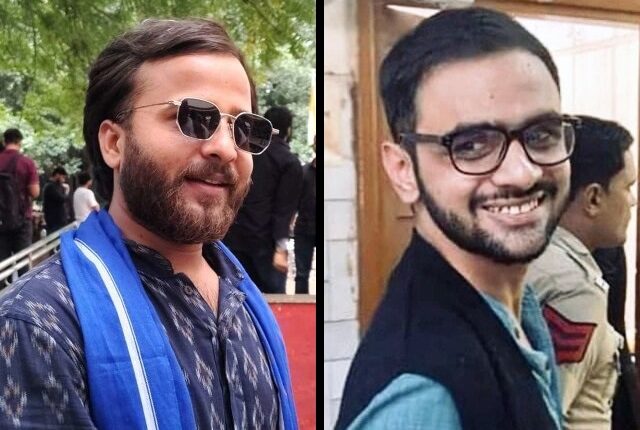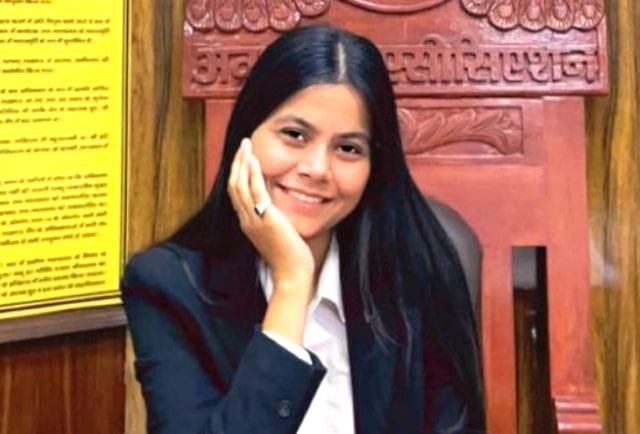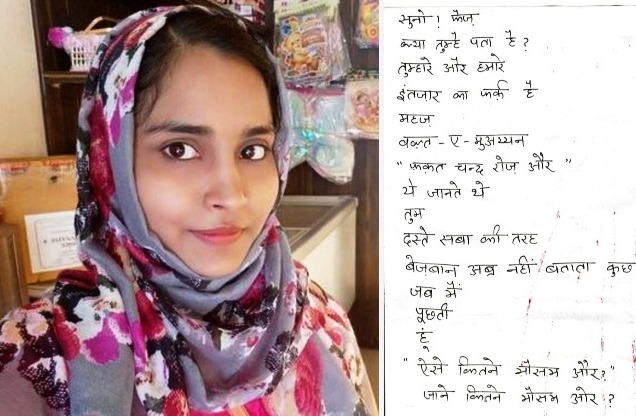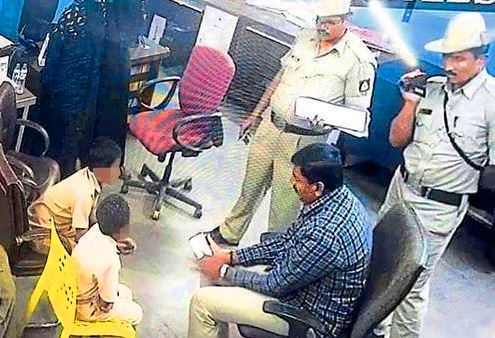Ashutosh S Boddh ‘Vidrohi’, founder of the Ambedkar Students Association, Delhi University, says if liberty is denied without trial, no one will be safe tomorrow. His views:
As a law student and a student leader in Delhi University, I cannot remain silent over the continuing injustice meted out to Umar Khalid, Sharjeel Imam, and other activists charged in the 2020 Delhi riots conspiracy case under the Unlawful Activities (Prevention) Act (UAPA). The Delhi High Court’s refusal, yet again, to grant them bail on 2 September 2025, is not just a legal decision—it is a statement on the shrinking space for dissent and the erosion of our constitutional values.
It has now been over five years since Khalid and others were arrested, and their trials are nowhere near conclusion. This transforms what should be “pre-trial detention” into punishment itself. In principle, Indian criminal law rests on a simple yet profound doctrine: bail is the rule, jail the exception. This was affirmed time and again by the Supreme Court, whether in State of Rajasthan Vs Balchand (1978) or Sanjay Chandra Vs CBI (2012).
Liberty, as guaranteed under Article 21 of the Constitution, is meant to be curtailed only in the rarest circumstances, and every accused is presumed innocent until proven guilty. Yet, when it comes to UAPA cases, this principle is abandoned.
Section 43D(5) of UAPA imposes near-automatic denial of bail if the prosecution can establish a “prima facie” case. In practice, this means courts are forced to take the state’s allegations at face value, without subjecting them to deeper scrutiny. The Supreme Court’s judgment in NIA Vs. Zahoor Watali (2019) cemented this approach, making bail under UAPA almost illusory. The result is a system where activists can be imprisoned indefinitely without trial, punished not for proven crimes but for daring to speak truth to power.
Umar Khalid and Sharjeel Imam are not terrorists. They are young men who raised their voices against authoritarianism, communal hatred, and the oppression of marginalized communities. Their speeches, writings, and activism were firmly rooted in democratic freedoms and social justice. That the state chooses to brand them conspirators is telling—it reveals how dissent itself is being criminalized.
ALSO READ: ‘Under UAPA, Burden Of Proof Lies With Umar, Sharjeel’
As someone engaged in student politics, I see how these imprisonments cast a chilling shadow over campuses and civil society. When activists are jailed without trial for over half a decade, what message does it send to young people who dare to question the government? It signals that democracy will tolerate only silence, not critique. It creates fear where there should be dialogue.
Human rights organizations worldwide have warned against the misuse of UAPA, pointing to its vague language and selective application. The fact that Khalid and Imam remain in jail despite unproven allegations reflects how our legal institutions are increasingly tilted in favour of state power. If liberty can be denied so easily in their case, it sets a precedent for countless others.
This struggle is not just about one or two individuals. It is about the future of democracy in India. Will we allow national security laws to override fundamental freedoms? Or will we, as citizens, reclaim the principle that liberty is the norm, detention the exception?
At Delhi University, many of us are in discussions about organizing campaigns and peaceful marches to demand justice for Umar Khalid and others. Their freedom is not just their right—it is a test of whether India still values dissent, diversity, and the Constitution we hold dear.
The case of Umar Khalid reminds us that the fight for liberty is ongoing. It demands courage from all of us—students, teachers, lawyers, and ordinary citizens. For if liberty can be denied without trial today, none of us can be safe tomorrow.
(The narrator is a student leader and a Law student at the Faculty Of Law in Delhi University)
As told to Deepti Sharma





